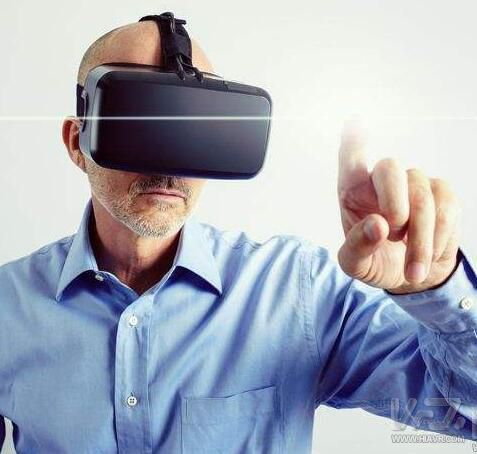One article sees: What qualities do entrepreneurs need to have to become a virtual reality industry?
Want to get into the VR industry? Here are some insights from leading experts in the field. We're still in the early stages of VR's growth, but with advancements in smartphones, 3D graphics, and VR platforms, the industry is on the verge of a major breakthrough. This is an exciting time for innovators and creators alike.

Idea
Technology is evolving rapidly, and user experience (UX) has become more important than ever. In virtual reality, where interaction feels real, UX isn’t just a feature—it’s the foundation. Designing with people in mind ensures that users can engage comfortably and meaningfully with virtual environments.
“We must focus on UX and adopt a human-centered approach throughout development,†says Helen Situ, Marketing and Product Manager at NextVR. “It’s not just about technology—it’s about how people feel when they use it.â€
Psychology
Virtual reality taps into the human mind in ways no other technology does. This makes psychology a key area for VR entrepreneurs. Understanding how people think, react, and interact in virtual spaces can be the difference between a successful product and one that fails to connect.
“We need to keep learning and focus on the end-user. It’s not just a game—it’s about reliving experiences through psychological insight,†adds Dave Arendash, a technical artist in VR. “This is where true innovation happens.â€
Communication
VR is often surrounded by hype, but many people who are interested have never actually used a VR headset. That’s why clear and passionate communication is essential. Sharing your vision and ideas effectively can help bridge the gap between imagination and reality.
“You need to speak confidently and passionately to strangers. VR is still new, and open discussions are crucial for its growth,†says Jay S. Ha, Executive Director and Founder of Materials and System Inc. “This is a space where collaboration and dialogue matter.â€

Experimental Study
There’s no one-size-fits-all model in VR. The industry is still evolving, and that means there’s room for experimentation. Entrepreneurs are encouraged to test new ideas, even if they don’t always work out. After all, the VR space is like a giant lab where innovation thrives.
“We face a lot of failures during prototyping,†says Elbert Perez, a developer at HTC’s Creative Lab. “The VR interface is still new, and we’re still figuring out how to communicate our ideas clearly.â€
Control
While VR opens up limitless possibilities, simplicity is just as important as complexity. Overcomplicating things can make products hard to use and less appealing to the average consumer. Keeping designs clean and intuitive helps ensure broader adoption.
“From a technical standpoint, keeping things simple isn’t easy, but it’s necessary,†says Alan Moss, EVP Software Engineer at NextVR. “The best VR experiences are those that feel natural and effortless.â€
Vision
Building a virtual world can be overwhelming, especially when the future is unclear. But having a clear vision and staying informed about industry trends is vital. The VR landscape changes fast, and adaptability is key to long-term success.
“Staying aware of what’s happening in VR and being able to adjust your product accordingly is crucial,†says Shannon Norrell, founder of Burning Man’s VR initiative. “The future belongs to those who can evolve with it.â€
home energy storage,household power storage,home solar power,all in one system
Enershare Tech Company Limited , https://www.enersharepower.com